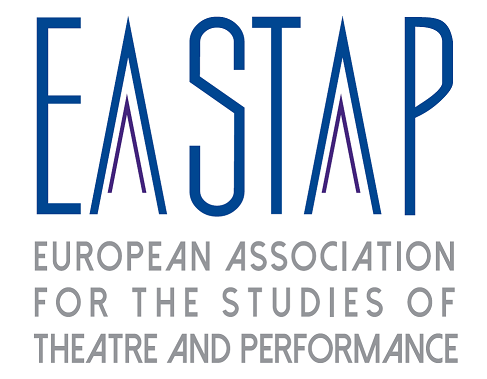Essays Introduction
Issue Editors: Agata Łuksza and Aldo Milohnić
While for the last four centuries Europe has exported its political models and the consequences of clashes between its nations around the world, it is now facing the contradictions of such politics. Although respect for human rights and the right to asylum are still formally declared as indispensable to all European democracies, in response to mass migration from the impoverished periphery of the world to the rich centres, the radical right and conservative politics in Europe have grown significantly. This turbulence in the political arena of almost every European democracy is challenging “the modern ideal of cosmopolitanism” which, according to Étienne Balibar (2004) goes hand in hand with citizenship in modern nations. The international and multicultural foundations of cosmopolitanism collide with what Balibar calls “public communitarianism”, which is usually concerned with the protection of so-called “traditional values.” Although contemporary societies are irreducible to a single model of national assimilation, one can notice the recent strengthening of conservative communitarianism in Europe, “centred on the state and its exclusive claim to incarnate the universal.” Balibar, author of We, the People of Europe? argues that such a version of communitarianism demands and allows for a permanent stigmatization of the foreigner.
The first issue of the EASTAP journal would like to encourage critical thinking – embedded in theatrical, aesthetic, ethicaland sociological concepts – regarding past and present ideologies concerning “identity politics” in Europe and beyond European borders (e.g. Edward Said) . In this Call for Proposals, we are predominantly interested in essays dealing with performing arts productions that challenge (realistically or metaphorically) authoritarian tendencies and conservative politics in Europe, especially in those artists who practice “fearless speech” (Michel Foucault) and, by doing so, commit themselves against all kinds of prejudices, including “antitheatrical prejudice” (Jonas Barish). The artists, theatres and performing groups that can be highlighted in that context are, for instance: Christoph Schlingensief, Oliver Frljić, Teatr Powszechny in Warsaw, Teatro do Vestido, Teatr Doc, Tanja Ostojic, Milo Rau and his International Institute of Political Murder, Pussy Riot, Zentrum für politische Schönheit, among others. We also welcome historical essays investigating the relationship between theatre practice/institutions and communitarianism/cosmopolitanism, especially the ways in which theatre and performance artists might have critically participated in debates on national, European or civic identities.
